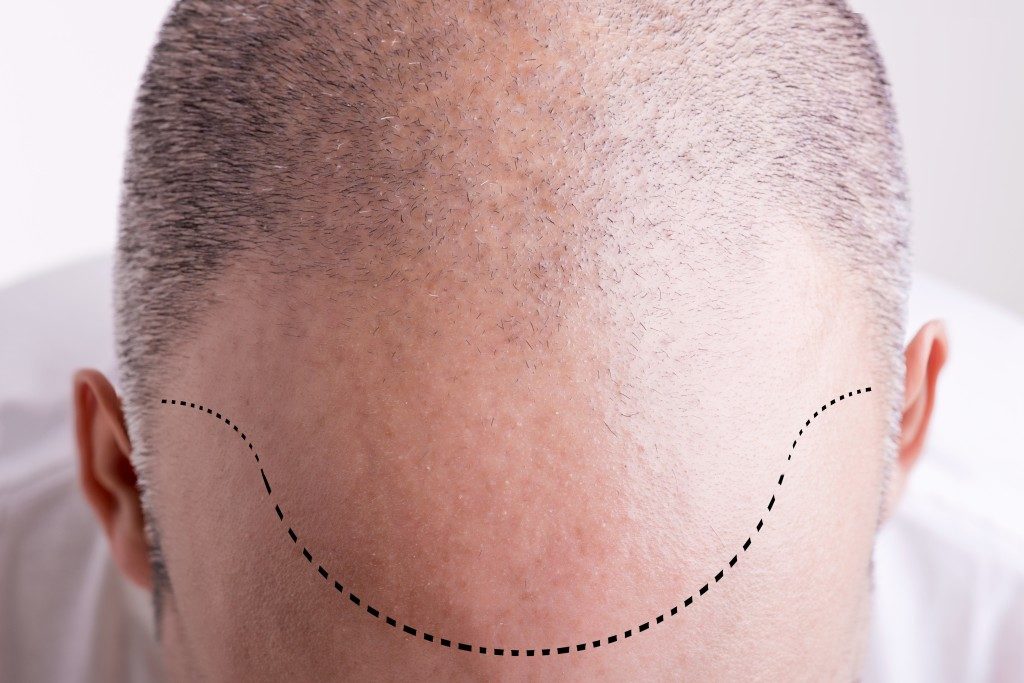Restrictive diets can be tempting because they promise quick results, but the truth is that they rarely work as well as we hope. This diet is characterized by severely limiting the types of food you’re allowed to eat, such as eliminating entire food groups like carbohydrates or fats. While this can result in initial weight loss, it’s not sustainable in the long run. Take a closer look at why restrictive diets don’t work and what might be a better approach for long-term success.
Restrictive Diets are Difficult to Maintain
Restrictive diets are difficult to maintain. When you try to limit your eating extremely, chances are that your body will eventually start craving the foods it’s missing out on. This can lead to cravings, binges, and guilt or frustration when you slip up—all of which can make it hard to stick with a diet in the long run. When you restrict your diet to an extreme, your body and mind might rebel against the deprivation. This makes you crave more for the food you’ve been limiting and eventually quit.
They Often Lack Essential Nutrients
Another issue with restrictive diets is that they often lack essential nutrients. Many of these diets only allow certain foods while eliminating others—meaning you could miss out on important vitamins and minerals if you’re not careful. For instance, if you decide to eliminate carbohydrates from your diet, you may miss important sources of fiber, B vitamins, and other essential nutrients. This diet can also reduce calorie intake and leave you tired or weak. You could miss out on essential fatty acids, iron, and other nutrients—key for a well-rounded diet—if you eliminate animal products.
Weight Loss Is Usually Temporary
Any weight loss achieved by a restrictive diet is usually temporary. That’s because when people return to their old eating habits (which is almost inevitable), the weight tends to return very quickly. This is because when you drastically reduce your calorie intake, your body enters starvation mode and tries to hold on to any fat it can. This means that when you return to eating normally, your body will quickly regain its lost weight. This now leads many into a vicious cycle of yo-yo dieting. This is where you gain weight repeatedly without seeing real progress toward your goals.
Health Issues that May Arise
In addition to being unsustainable, restrictive diets can also have potential health consequences. When you are not getting enough of the right nutrients, your body may become malnourished or sick. This could increase the risk of developing certain illnesses, such as diabetes and cardiovascular disease. Extreme restriction may also lead to eating disorders such as the following:
Anorexia nervosa: An eating disorder characterized by an intense fear of gaining weight and extreme restriction of food intake.
Bulimia nervosa: This is an eating disorder characterized by a cycle of binging and purging or consuming large amounts of food in a short amount of time, followed by behaviors like vomiting, laxative use, or excessive exercise.
Binge eating disorder: This is characterized by quickly bingeing on large amounts of food and feeling out of control during the episode.

A Better Approach for Long-Term Success
Rather than engaging in restrictive diets, focusing on healthy, sustainable habits that can lead to long-term success is best. This includes eating a balanced, nutritious diet full of whole foods, getting plenty of physical activity, and managing stress levels.
Eating a variety of nutrient-dense foods is key for optimal health, as well as controlling portion sizes and being mindful of your eating habits. Regular physical activity helps to improve energy levels and burn calories while reducing stress and promoting better sleep. It’s also important to be mindful of your emotions and how they affect your eating habits.
It can be very tempting to reach for unhealthy foods when cravings hit. Taking a few deep breaths, going for a walk, or doing something creative like painting or drawing can help distract you from the craving and provide an outlet for your emotions.
When to Seek Help
It’s important to seek help from a certified professional if you’re struggling with an unhealthy relationship with food or body image. Suppose you have the chronic habit of purging after meals or feeling guilty about eating certain foods. In that case, you may suffer from bulimia nervosa and should seek professional help. They refer you to a facility where you can receive more intensive treatment.
Treatment centers for bulimia are essential in full recovery, as they provide comprehensive care for mental and physical health. Combining psychological therapies and additional treatments with nutritional guidance and dieting plans ensures a holistic approach tailored to each individual’s needs. Professionals also furnish invaluable aid throughout this journey toward healing.
Regarding other health issues, such as obesity, it’s important to seek advice from a medical professional before beginning any diet. This usually involves a consultation with a dietitian or nutritionist to help develop an individualized eating plan that meets your needs and lifestyle. A therapist can also help you identify any underlying issues and provide coping strategies and practical advice that can lead to long-term success.
At the end of the day, restrictive diets may seem like an easy solution for weight loss. Still, in reality, they rarely work as promised—leaving many people frustrated and discouraged after months of trying without real results. If you take it slow and steady instead of going down the restrictive route, chances are you’ll see much more sustainable results in the end!







